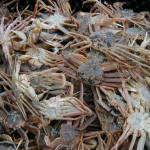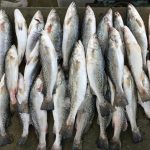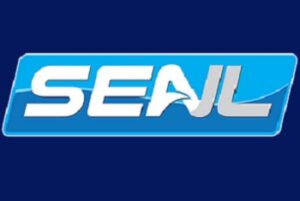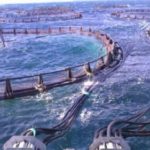Tag Archives: PIIFCAF
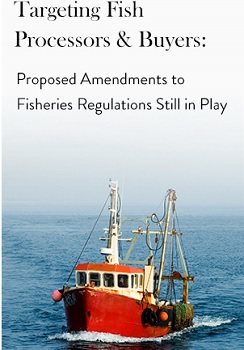
Proposed Fisheries Regulation Amendments Target Fish Processors & Buyers
The Fall 2019 re-election of the Liberal government means the proposed amendments to federal fisheries regulations remain a concern for industry participants.,, However, the government has, to date, not implemented the amendments. The proposed amendments target arrangements that transfer license rights and privileges from license holders to third parties. In the Statement, the Minister notes the perceived narrowness of the definition of “Controlling Agreement”,, McInnes Cooper has prepared this document for information only,, >click to read< 12:27

Lobster fisherman defends maligned practice of ‘controlling agreements’
The federal government’s attempt to stop corporate control of the lucrative lobster fishery is facing another challenge, and the Nova Scotia fisherman at the centre of the case has taken the rare step of speaking out about it. Hubert Saulnier, 63, is a familiar face on the Meteghan wharf in southwestern Nova Scotia. He has been fishing for more than four decades and has held many positions with the local fishermen’s association. Saulnier is also one of 14 fishermen in a so-called controlling agreement with Yarmouth Sea Products, one of southwest Nova Scotia’s largest lobster buyers. click here to read the story 09:36
Deadline for Terminating Inshore Fishing Controlling Agreement Fast Approaching
![]() OTTAWA, ONTARIO–(Marketwired – Feb. 24, 2014) – Inshore fishermen in Atlantic Canada and Québec are reminded that they have until April 12, 2014 to terminate or adjust their controlling agreements in order to comply with the policy on Preserving the Independence of the Inshore Fleet in Canada’s Atlantic Fisheries (PIIFCAF). “The objective of the PIIFCAF Policy was to strengthen the Owner-Operator and Fleet Separation policies. We remain fully committed to these policies and we will continue to work with the industry to ensure that the fishery remains economically prosperous for future generations.” Read more here 09:57
OTTAWA, ONTARIO–(Marketwired – Feb. 24, 2014) – Inshore fishermen in Atlantic Canada and Québec are reminded that they have until April 12, 2014 to terminate or adjust their controlling agreements in order to comply with the policy on Preserving the Independence of the Inshore Fleet in Canada’s Atlantic Fisheries (PIIFCAF). “The objective of the PIIFCAF Policy was to strengthen the Owner-Operator and Fleet Separation policies. We remain fully committed to these policies and we will continue to work with the industry to ensure that the fishery remains economically prosperous for future generations.” Read more here 09:57
Fisheries policy will destroy the industry it set out to protect – Preserving the Independence of the Inshore Fleet in Canada’s Atlantic Fisheries
 The plan was to prevent “corporations” from owning harvesting licences. Much to the surprise of the Department of Fisheries and Oceans and Canada Revenue Agency, most of the individual fishermen holding licences had already incorporated and took the revenue through a business while the licence was held by an individual. A blind eye here, a pen stroke there and the past was forgotten and the first concessions made — some corporations could hold licences. “One boat, one licence” is an idealistic perspective of fairness and independence. Fleet separation was to establish the rule that fishermen fish, and processors process. It is also one blurred by more concessions. continued
The plan was to prevent “corporations” from owning harvesting licences. Much to the surprise of the Department of Fisheries and Oceans and Canada Revenue Agency, most of the individual fishermen holding licences had already incorporated and took the revenue through a business while the licence was held by an individual. A blind eye here, a pen stroke there and the past was forgotten and the first concessions made — some corporations could hold licences. “One boat, one licence” is an idealistic perspective of fairness and independence. Fleet separation was to establish the rule that fishermen fish, and processors process. It is also one blurred by more concessions. continued

































